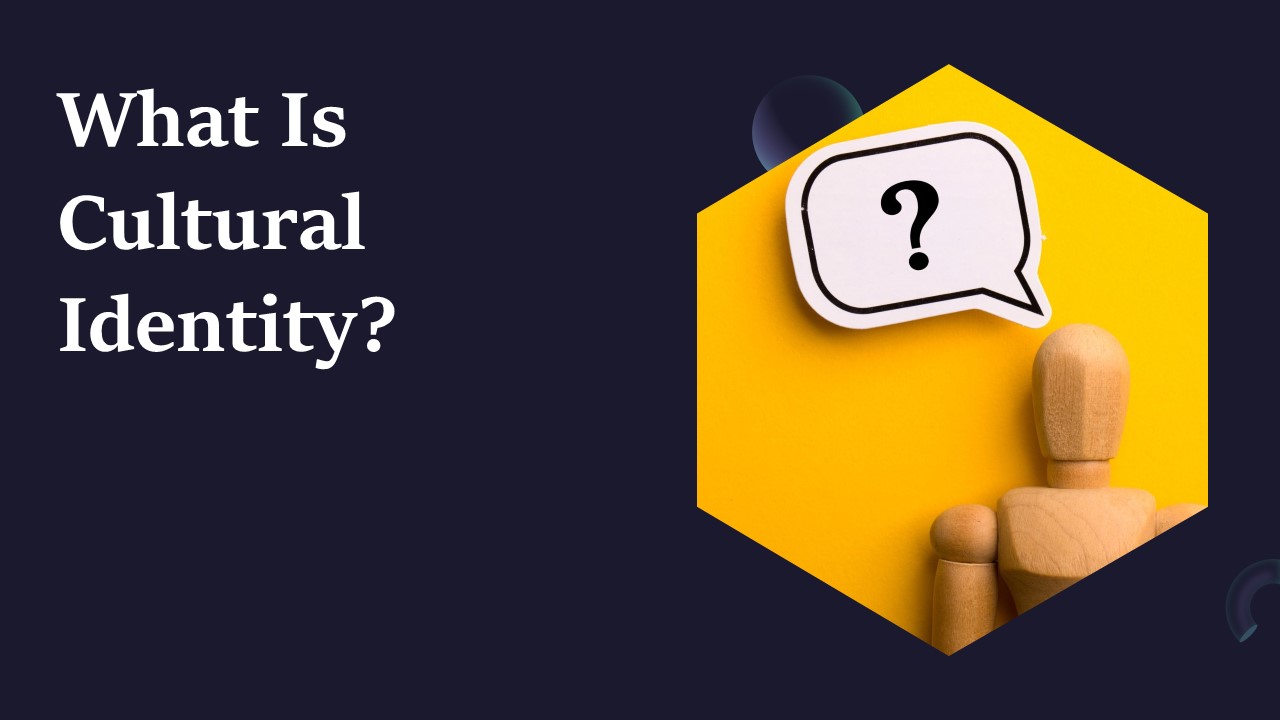An individual’s identity is fundamentally composed of personal, social, and cultural identities as well as more specific ones like sexual or gender identity. They all explain how people perceive themselves, but they characterize different traits of individual identity. The cultural identity of a person is closely intertwined with his or her other selves, such as personal and social identities.
Cultural Identity of a Person
Cultural identity is a person’s awareness of what cultural group she or he belongs to. Nationality, ethnic group, religious faith, or social class are all examples of cultural identities. This identity is a personal characteristic that is both individual and social in nature. It is up to a person to decide with which cultural group he or she has a special cultural affinity.
What Does “Cultural Identity” Include?
Cultural identity includes a category label, knowledge, and social connections with cultural group.
A person’s cultural category label is how a person identifies with a specific cultural membership. This is how the person calls himself or herself. These labels are national, ethnic, religious, and other group membership identifiers.
Cultural knowledge is what a person understands about their own cultural characteristics. This is how much the person knows about his or her culture and what culturally specific values, norms, practices, and people’s characteristics they know.
Social cultural connections are the relationships that a person has with kin, family, close friends, neighbors, coworkers, and other members of their cultural community. Through such cultural immersion, the person acquires cultural beliefs and traditions.
Varieties of Cultural Identity
The cultural identity of a person can include their nationality: Greek, Italian, Spanish, German, British, Canadian, American, Japanese, or Chinese. But being born in a country or in a family of parents of a certain nationality does not define the identity of a person. Identity is how a person is aware of himself or herself and what nationality he or she personally identifies with.
Regional and local specifics can also define how a person is aware of his or her cultural identity. A friend of mine, for instance, once told me that he identifies himself as Bavarian as well as European. Yet he does not feel himself to be a German. It is up to him to decide which identity he considers his personal self.
The cultural identity of a person can also reflect the ethnic group that person belongs to, such as Indigenous peoples of America, Dutch Americans, German Americans, Hispanic Americans, and others in the USA; Han Chinese, Zhuang people, Uyghurs, and others in China. Each of these ethnic groups has its own cultural specificities. Once again, it is important for the identity of a person to recognize himself or herself in terms of such attribution.
Religious faith is often linked to a cultural group that people identify with. For some, being Catholic, Protestant, Buddhist, or Muslim is an essential part of who they are and their identity.
The lower, middle, and upper socioeconomic classes are also considered different cultures. People can feel this social attribution as a part of their cultural identity (Karandashev, 2021).
These can also be cultural generations according to age, such as the silent generation, the baby boomer generation, the millennials, the gen X, or the gen Z. According to the times they grew up in and the social contexts that affected their enculturation, they have lived in different historical cultures.
The Dynamics of Identity
Cultural identity is often in flux. Various historical, social, and cultural experiences can change the identity of a person. This, for example, often occurs during acculturation in a new society into which a person has immigrated. These changes vary from one person to another. A cultural identity is a dynamic notion within a person. Some people undergo more identity changes than others.
Intercultural communication frequently engages cultural stereotypes about people of other cultures. They can facilitate or impede our adequate understanding of other individuals.
